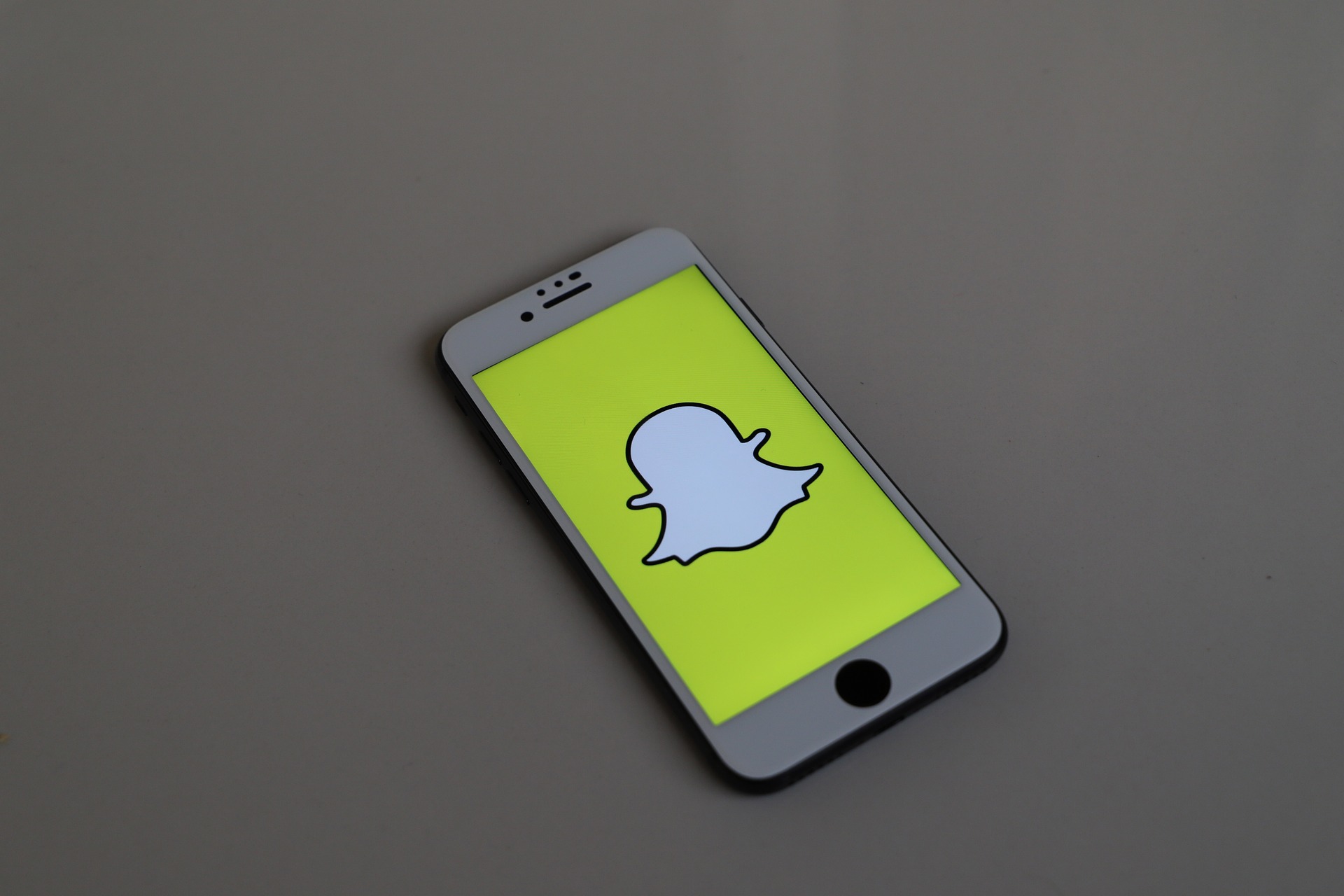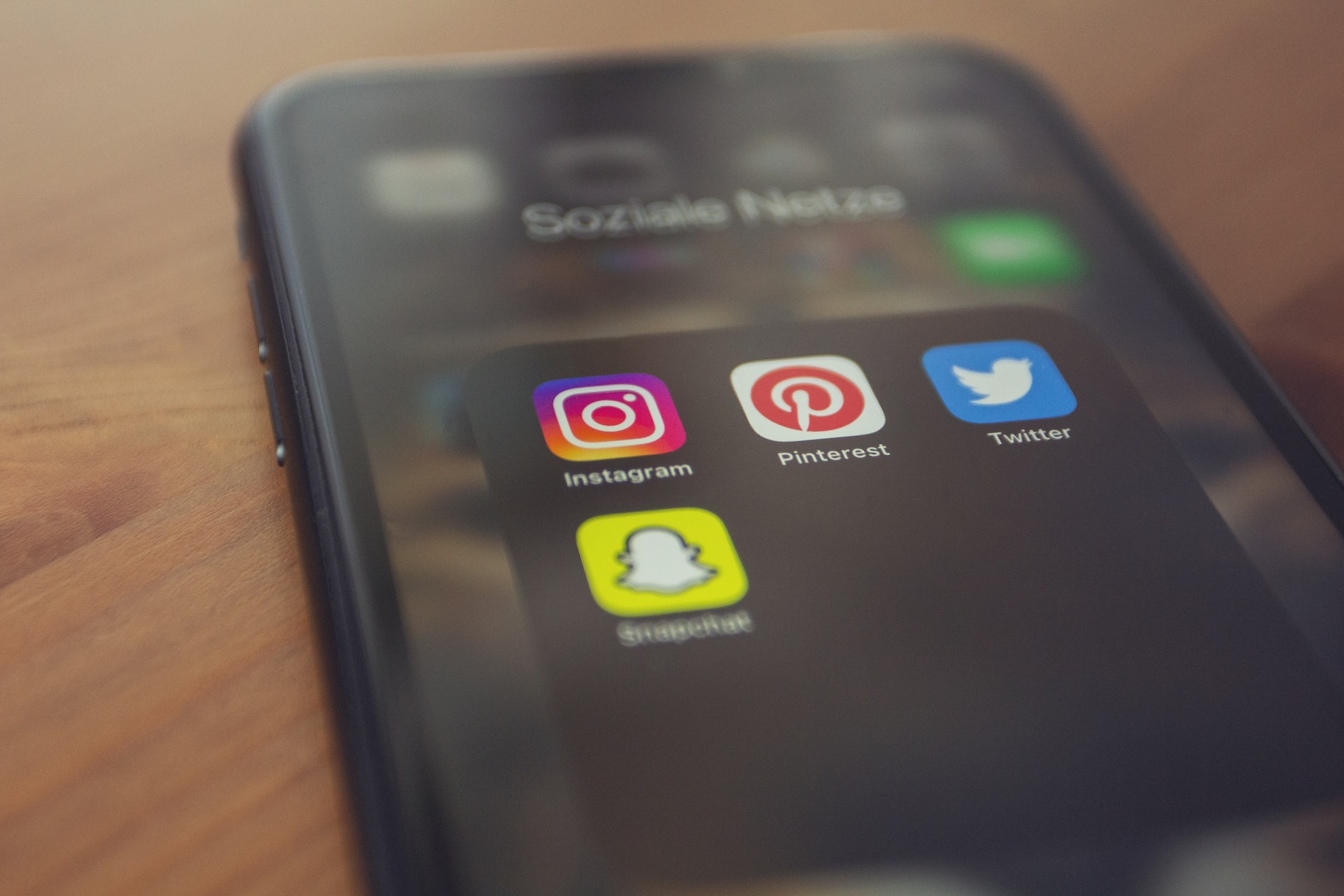In a surprising turn of events, Tesla CEO Elon Musk finds himself embroiled in a legal battle over a midnight rent dispute that unfolded on Twitter. The lawsuit alleges a dramatic exchange between Musk and a Twitter advisor, shedding light on the potential consequences of late-night social media spats. This article examines the details of the lawsuit, explores the heated conversation, and delves into the implications of public figures’ online behavior.
Late one night, Elon Musk took to Twitter to voice his dissatisfaction with a rent agreement, engaging in a conversation with a Twitter advisor who had publicly criticized him. What started as a seemingly innocuous back-and-forth quickly escalated into a heated exchange, capturing the attention of the public and resulting in a lawsuit.
The legal battle revolves around the advisor’s claim that Musk’s responses during the Twitter conversation constituted defamation and intentional infliction of emotional distress. The lawsuit alleges that Musk’s words were inflammatory, damaging the advisor’s reputation and causing significant distress. The court will now determine the validity of these claims and assess the potential consequences for Musk’s actions.
The midnight Twitter battle quickly gained traction, with social media users eagerly following the exchange and sharing their opinions on the matter. Supporters of Musk defended his right to express his frustrations, citing his influential status and the importance of holding public figures accountable. On the other hand, critics argue that Musk’s choice of words was inappropriate and crossed the line of professional conduct.
Legal experts anticipate that the lawsuit will center on the interpretation of Musk’s tweets, the intent behind his statements, and the impact they had on the advisor’s well-being. While freedom of speech is a fundamental right, it is not without limits. Public figures like Musk must navigate a fine line between expressing their opinions and potentially causing harm or distress to others.
This incident reignites the ongoing debate about the responsibilities of public figures in the digital age. As social media becomes an integral part of public discourse, questions arise about the appropriate use of these platforms and the potential ramifications of online interactions. Elon Musk’s involvement in this lawsuit highlights the need for public figures to exercise caution and consider the consequences of their words, especially in late-night exchanges where emotions may run high.
Beyond the legal implications, this case raises broader questions about the role and impact of social media advisors and influencers. As public figures engage with advisors and critics on platforms like Twitter, the lines between personal opinion, professional advice, and public discourse become blurred. It is essential for both parties involved to maintain professionalism and respect in their interactions, understanding the potential repercussions of their words.
In conclusion, the lawsuit surrounding Elon Musk’s midnight Twitter battle over a rent dispute sheds light on the consequences of late-night social media exchanges and the responsibilities of public figures. The legal battle between Musk and the Twitter advisor will determine the impact of Musk’s words and the potential repercussions for his actions. This case serves as a reminder that public figures must exercise caution and responsibility in their online interactions, considering the potential harm and distress their words may cause. As social media continues to shape public discourse, it becomes increasingly important to foster respectful and constructive conversations, even in moments of disagreement.








